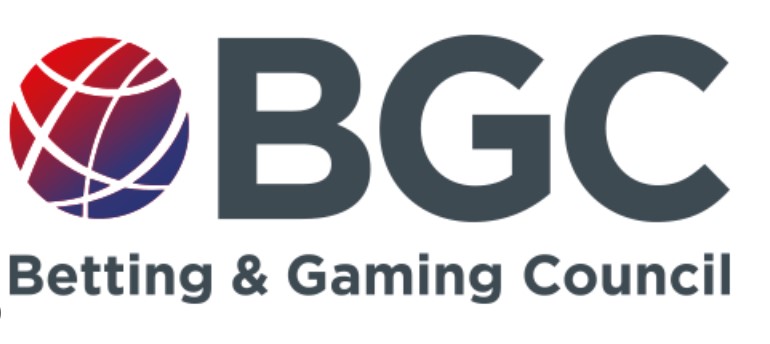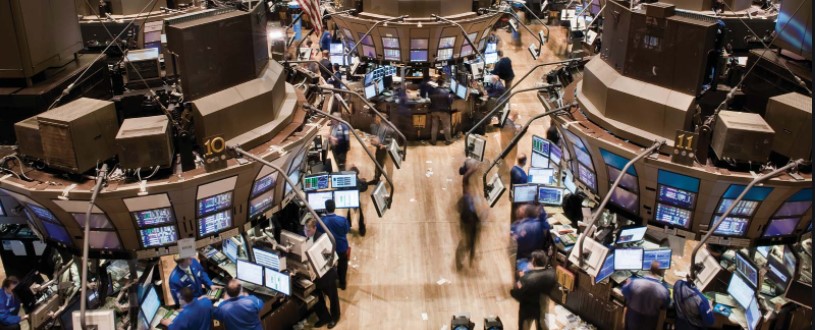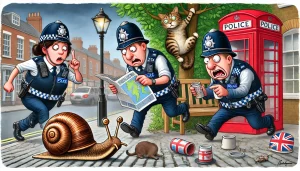

There are several negative impacts of gambling on society and the community, including:
- Addiction: Gambling can lead to addiction, which can cause severe mental and financial problems for individuals and their families.
- Financial problems: Gambling can lead to financial difficulties, including debt and bankruptcy, which can impact not only the individual gambler but also their family and the wider community.
- Crime: Gambling can lead to increased crime rates in communities, including theft, fraud, and other illegal activities.
- Mental health problems: Problem gambling can lead to mental health issues such as depression, anxiety, and suicidal thoughts, which can have a profound impact on individuals and their families.
- Relationship problems: Problem gambling can strain relationships with family members and friends, leading to social isolation and a breakdown in support networks.
- Economic costs: The economic costs of problem gambling can be significant, including costs related to healthcare, treatment, and social services.
- Problem gambling in vulnerable populations: Gambling can disproportionately impact vulnerable populations, including low-income individuals, young people, and those with pre-existing mental health conditions.
Overall, the negative impacts of gambling on society and community can be far-reaching, impacting not only individuals and their families but also the wider community and economy. It is essential to promote responsible gambling and provide support and treatment for those who may be struggling with problem gambling.
Advantages On Economy
Gambling and casinos can have both positive and negative effects on the economy of a city.
On the positive side, gambling and casinos can create jobs and generate revenue for the local economy. Casinos typically employ a large number of people, including dealers, security personnel, waitstaff, and management, among others. Additionally, casinos can generate significant revenue for the city through taxes on gambling winnings, sales taxes on goods and services sold at the casino, and property taxes on the casino itself.
Moreover, gambling and casinos can also attract tourists to the city, who may spend money at local restaurants, shops, and hotels. This increased tourism can create additional jobs and stimulate economic growth in the surrounding area.
On the negative side, gambling and casinos can lead to social problems, such as addiction, bankruptcy, and crime. Additionally, the revenue generated by gambling may not be evenly distributed throughout the local economy, and instead may be concentrated in the hands of a few wealthy casino owners.
Furthermore, some critics argue that the economic benefits of gambling are often overstated and that the costs of gambling, such as increased crime and social problems, may outweigh the benefits.
Overall, the impact of gambling and casinos on the economy of a city depends on a variety of factors, including the size and scope of the industry, the regulatory environment, and the social and economic characteristics of the local community.



